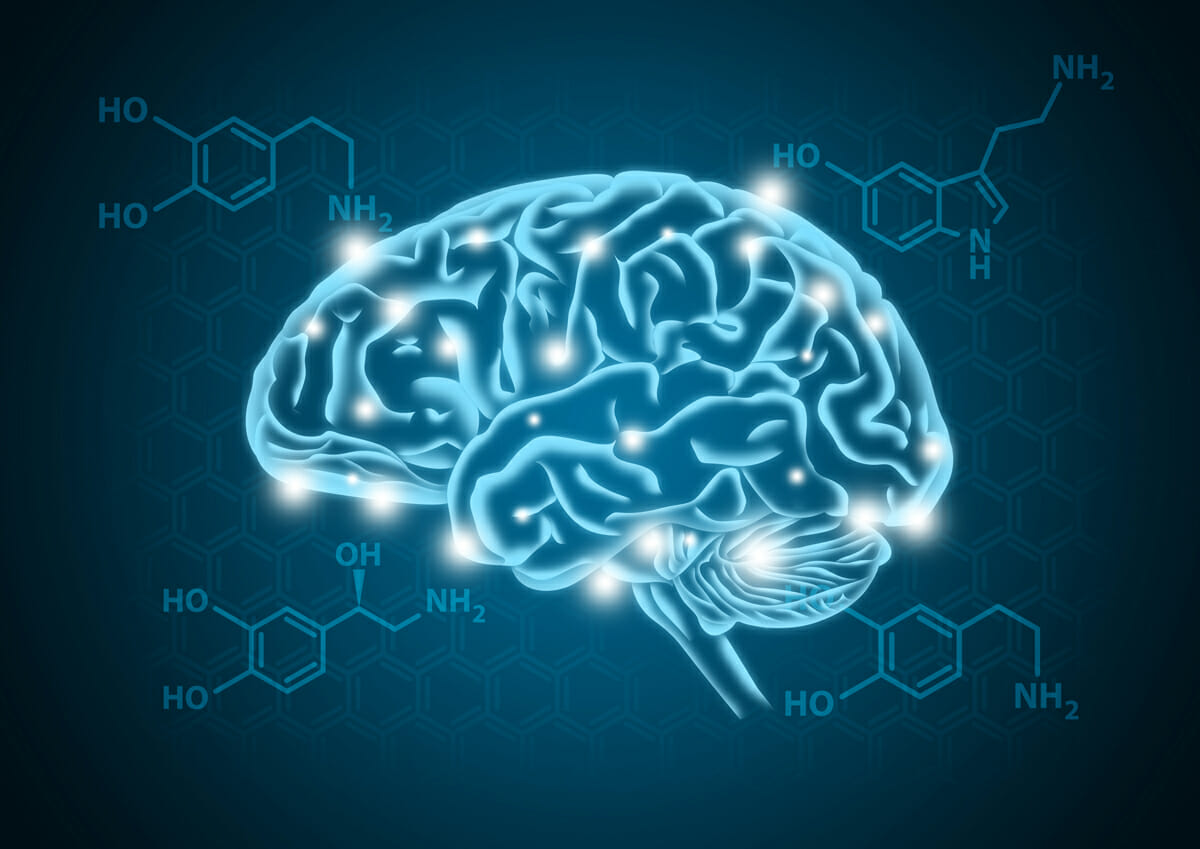Physical Dependence
Addiction is primarily a disorder of the mind, but it often features and co-occurs with, physical dependence. A physiological reliance upon a substance of abuse is both a major driver of addiction and a very significant obstacle to addiction treatment and recovery.
Definition of Physical Drug Dependence
Physical dependence is a physiological condition resulting from the chronic consumption of a tolerance-forming drug, in which the system of an affected individual becomes reliant upon the presence of the drug in question in order to perform its normal functions. The withdrawal of the drug from the system of a physically dependent individual (for example, if a chronic drug user is suddenly unable to obtain their drug of choice) can result in a period of abnormal functioning during which various typically unpleasant and potentially dangerous withdrawal symptoms may manifest until the user’s system is able to re-normalise over time.
Mechanisms that Lead to Physical Drug Dependence
The regular exposure of certain components of a drug user’s system (mainly various receptors in the brain and central nervous system) to particular drugs causes them to adjust their normal neurochemical activity according to the presence of those drugs. For example, the increased production of the chemical glutamate comes as a response to regular opioid consumption). This adjusted neurochemical activity typically has a limited noticeable effect while the drug continues to be present. When it becomes absent from the system, the impact of the neurochemical imbalance is suddenly felt as a “shock to the system” which, in the case of some drugs, can threaten the life of the user.

Risk Factors for Physical Drug Dependence
Precisely what makes some people more susceptible than others to physical drug dependence is not yet entirely understood, though a number of risk factors have been identified. One key constant is the type of drug a person consumes: only certain substances are associated with significant physical dependence, with many drugs causing dependence of a primarily psychological nature (though some physical symptoms of withdrawal may manifest psychosomatically). It is important to note that not only substances of abuse can cause physical dependence -various drugs used medicinally are also associated with the condition, including some of the most commonly prescribed medications on Earth. The main risk factors for physical drug dependence are:
- Genetic predisposition
- Pre-existing mental disorders/dual diagnosis
- Stress and environmental factors
- Addictive personality
- Environmental and social factors
- Drug availability
Physical Drug Dependence Potential
The extent to which a drug is known to cause physical dependence is known as its physical dependence potential, and this can vary very significantly from one drug to the next. A number of different classification systems have been developed to rank various drugs by their physical dependence potential, with opioids (especially heroin) usually considered to have the highest, followed by benzodiazepines, barbiturates and alcohol.
Drugs known to cause physical dependence include:
- opioids (e.g. heroin, morphine, codeine, oxycodone, fentanyl, methadone)
- GABA agonists (e.g. alcohol, barbiturates, benzodiazepines, non-benzodiazepines, GHB)
- nicotine
- gabapentin
- antiepileptics
- antipsychotics
- beta blockers
- anabolic steroids
- SSRI/SNRI antidepressants
Physical Drug vs Psychological Drug Dependence
Dependence can manifest both physically and psychologically. The basic mechanisms behind the development of each type of dependence are the same, with the difference being the type of withdrawal symptoms which manifest. Some users experiencing psychological withdrawal symptoms do also display physical symptoms, though these tend to be either psychosomatic or a result of the impact of psychological symptoms (for example, insomnia resulting from psychological dependence causing symptoms of extreme fatigue). As a rule of thumb, physical dependence subsides more quickly than psychological dependence, but has the capacity to be more debilitating and dangerous.
The Serious Dangers of Physical Drug Dependence
In the case of certain drugs – most prominently alcohol, benzodiazepines and barbiturates – physical dependence can be a life-threatening condition, as withdrawal can result in symptoms (including seizures (especially during delirium tremens), stroke, and extremely high body temperature) which can kill the affected individual. Even in cases where the individual survives, permanently debilitating neurological damage can result. Drugs whose dependence is not associated with directly fatal withdrawal can nevertheless cause the death, either as a result of suicidal ideation (potentially driven by the extreme discomfort caused by withdrawal) or relapse leading to fatal overdose.
Signs and Symptoms of Physical Drug Dependence
Physical dependence itself has one primary symptom: the onset of withdrawal symptoms upon cessation of use. Those symptoms of withdrawal from drug dependence, however, can vary very significantly in nature from one drug to another. Opioid withdrawal, for instance, does not greatly resemble withdrawal from alcohol dependence. Nevertheless, some common symptoms of withdrawal from physical drug dependence include:
- nausea
- vomiting
- muscle cramps
- spasms
- tremors
- flu-like symptoms
- red, watery eyes
- exhaustion
- diarrhoea
- seizures
- delirium tremens
- loss of motor control
- sweating
- chills
- cold, clammy skin
- yawning
- dilated pupils
- hypertension
- increased heart rate
- stroke
- coma
Dealing with Physical Drug Dependence Withdrawal

Going through withdrawal unassisted could have very serious health consequences, so “going cold turkey” (going through withdrawal suddenly, independently and without medical assistance) is never recommended.
Management and Treatment of Physical Drug Dependence
The treatment of physical drug dependence typically forms part of broader addiction treatment. Dependence is usually addressed at the start of the treatment process, via medically assisted detox/withdrawal, before the addict moves into a rehabilitation phase aimed at tackling the underlying psychological causes of addiction. Even prior to detox, the addict may be required to taper down dosages over time to reduce the risk of serious harm caused by withdrawal. Because physical dependence can be such an unpleasant and dangerous condition, medications are frequently prescribed to alleviate the worst impact of withdrawal, while addicts in treatment require 24/7 medical access for their safety.
Some of the most popular treatment options include:
- Residential treatment
- 12-step programmes
- Behavioural programming
- Alternative therapies
- Treatment approaches
- Cognitive approach
- Medicinal approach
Recovering from Physical Drug Dependence
Physical dependence itself – rather than withdrawal – will persist for as long as the affected individual continues to consume the relevant quantities of the substance of abuse in question. It will only begin to subside upon cessation of use. Assuming no serious permanent harm (such as brain damage caused by seizures or grossly elevated body temperature) or even death occurs, withdrawal from physical dependence is usually a comparatively short-lived condition, with most symptoms subsiding within one or two weeks of the onset of withdrawal. While physical recovery can be achieved relatively quickly, the psychological scars of physical dependence and withdrawal can be profound and long-lasting.
No matter where you live, there is a drug rehab center that can help you overcome your addiction. We'll help you find it.
Select a County



